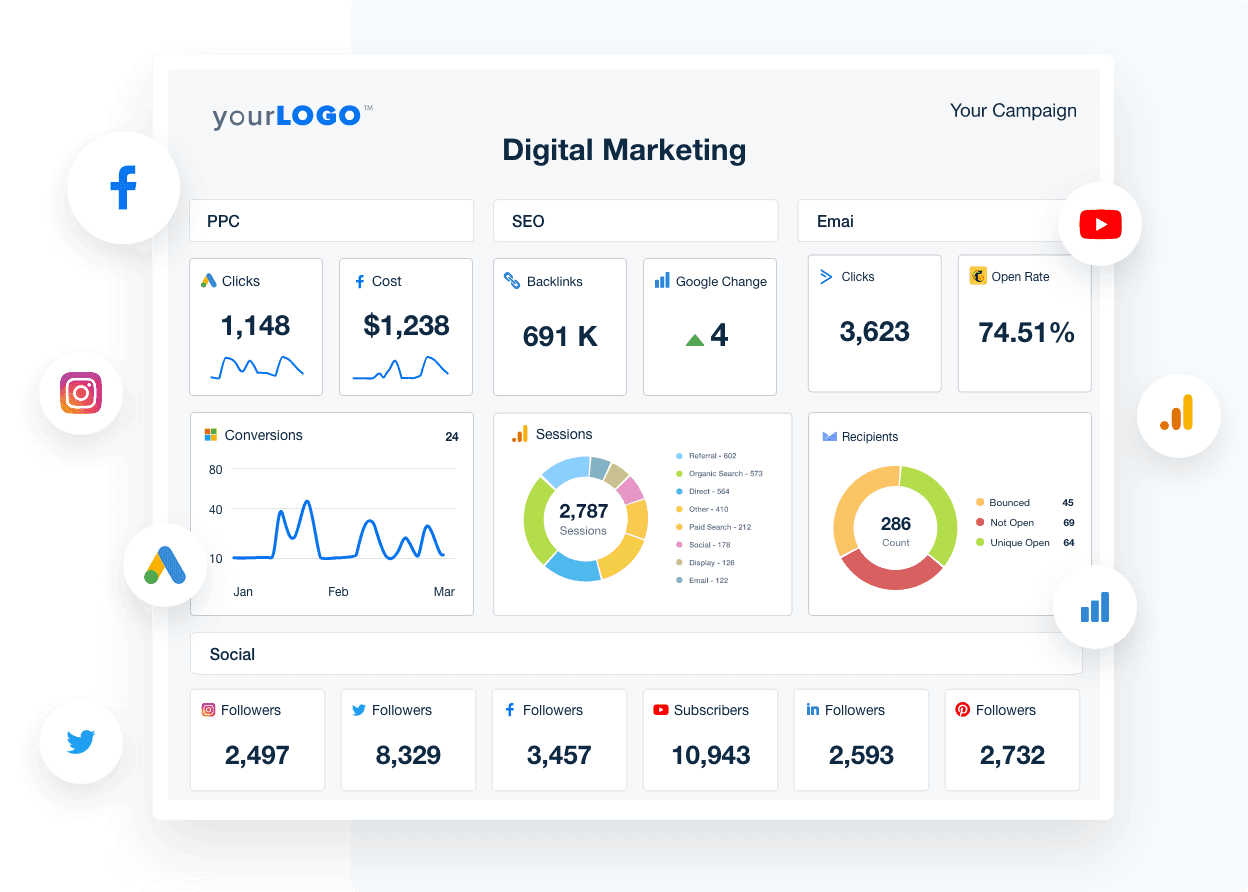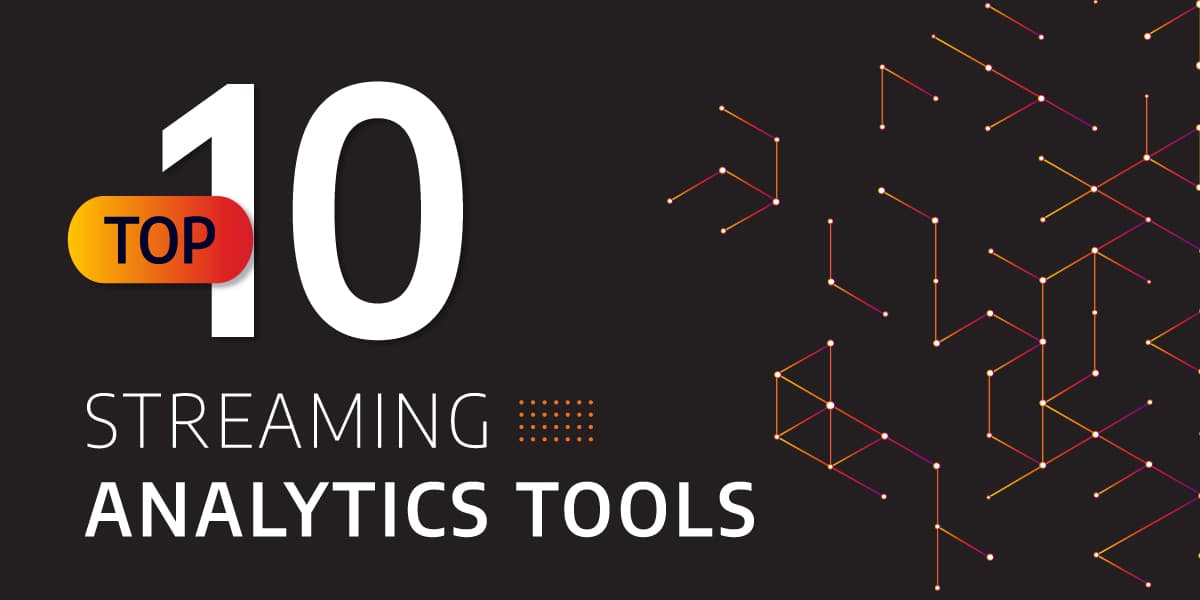Simplify Your Information Administration with Integrated Analytics Tools
Simplify Your Information Administration with Integrated Analytics Tools
Blog Article
Boost Performance and Success Through Data Analytics
In today's data-driven landscape, services are increasingly recognizing the crucial duty of information analytics in boosting functional efficiency and profitability. By systematically analyzing data, companies can uncover important understandings that inform tactical decisions, improve procedures, and dressmaker consumer experiences.
Recognizing Information Analytics
In today's data-driven landscape, comprehending data analytics is important for companies intending to enhance operational efficiency and drive success. Data analytics includes the systematic computational evaluation of data sets to discover patterns, correlations, and understandings that inform decision-making. By utilizing numerous strategies, such as analytical analysis, artificial intelligence, and anticipating modeling, companies can change raw information right into actionable knowledge.
The process generally starts with data collection, where relevant information is gathered from multiple resources, including transactional data sources, customer communications, and market fads. This information is then cleansed and arranged to make certain precision and consistency. When the information is prepared, logical devices and software program are utilized to discover and picture the information, making it possible for stakeholders to recognize anomalies and trends.
Ultimately, understanding information analytics equips organizations to make educated choices based on empirical evidence as opposed to intuition. It assists in targeted approaches that can maximize source allocation, boost consumer satisfaction, and enhance total efficiency. As companies significantly identify the value of data-driven insights, a strong grip of data analytics comes to be an important competency for leaders and groups alike, positioning them for sustained success in an affordable setting.

Key Benefits for Services
Organizations that leverage data analytics can open a multitude of advantages that significantly improve their operations and success. One of the main benefits is improved decision-making. Information analytics gives workable understandings originated from real-time data, enabling businesses to make educated choices that line up with market demands and consumer preferences.

Furthermore, data analytics cultivates enhanced customer experiences. By understanding customer behaviors and choices, businesses can tailor their offerings, bring about raised satisfaction and commitment. This personalized approach typically leads to greater conversion prices and repeat organization.
Moreover, data analytics enables businesses to recognize emerging trends and opportunities. By remaining ahead of the curve, organizations can profit from brand-new markets and innovations before their rivals.
Executing Data-Driven Approaches
Effective execution of data-driven approaches needs a detailed understanding of both organizational objectives and offered data resources. Organizations should initially define their purposes plainly, guaranteeing positioning in between information campaigns and strategic purposes. This quality allows groups to concentrate on appropriate metrics and insights that drive decision-making.
Next, businesses need to examine their existing information infrastructure. This includes reviewing information quality, accessibility, and combination abilities. High-grade data is crucial for exact evaluation, as inadequate data can cause misdirected strategies and thrown away sources. Organizations should establish processes for data collection, cleaning, and management to maintain data honesty.
Furthermore, promoting a data-driven culture is important. Workers in all levels need to be urged to utilize data in their daily operations. Educating programs and workshops can improve data literacy, equipping staff to make educated decisions based on logical insights.
Devices and Technologies Overview
A durable collection of technologies and devices is crucial for companies aiming to harness the full potential of data analytics. These devices assist in the collection, processing, and visualization of information, making it possible for companies to acquire workable insights.
At the foundational level, data management systems such as SQL data sources and NoSQL systems offer reliable information storage and retrieval capacities. For information handling and analysis, programs languages like Python and R, in addition to structures such as Apache Glow, enable complex calculations and artificial intelligence applications.
Visualization devices, including Tableau and Power BI, transform raw information right into user-friendly graphical styles, making best site insights available to stakeholders in any way degrees. Furthermore, cloud-based systems like Google Cloud and AWS provide scalable storage and processing remedies, fitting the expanding quantities of data companies come across.
For sophisticated analytics, predictive modeling and AI-driven services are increasingly adopted, allowing firms to anticipate patterns and enhance decision-making processes. Integrating these devices into existing operations is vital; companies that effectively leverage this innovation can considerably improve functional performance and drive profitability. Therefore, buying the right tools and technologies is a tactical crucial for any kind of data-driven organization.
Study of Success
Leveraging data analytics has actually led numerous companies to achieve exceptional renovations in performance and productivity. One significant instance is a huge retail chain that implemented predictive analytics to maximize inventory administration. By evaluating historic sales data and client trends, the firm lowered excess supply by 30%, resulting in significant price savings and enhanced capital.
An additional instance can be discovered in the production market, her latest blog where a leading vehicle maker utilized information analytics to boost its production procedures. By checking equipment performance in real-time, the organization determined inadequacies and traffic jams, resulting in a 20% boost in general devices efficiency (OEE) This not just increased manufacturing rates but also reduced downtime and maintenance costs.

These study show just how information analytics can drive critical decision-making, maximize procedures, and inevitably improve both efficiency and earnings across various sectors.
Conclusion
To conclude, the integration of information analytics into redirected here business procedures presents considerable chances for enhancing performance and productivity. By systematically evaluating information, companies can identify ineffectiveness, enhance customer experiences, and make notified decisions. The fostering of anticipating modeling and real-time monitoring better allows companies to stay in advance of emerging fads and assign resources efficiently. Eventually, the calculated implementation of data-driven methods promotes continual competitive advantages and drives considerable enhancements in functional performance and monetary outcomes.
In today's data-driven landscape, comprehending information analytics is essential for organizations aiming to boost operational efficiency and drive success. Data analytics includes the methodical computational analysis of information sets to discover patterns, relationships, and insights that educate decision-making. Information analytics offers workable understandings derived from real-time information, enabling organizations to make enlightened choices that straighten with market needs and customer choices.
High-quality data is important for precise analysis, as poor data can lead to misdirected techniques and wasted resources. Organizations should develop processes for information collection, cleaning, and administration to preserve data stability.
Report this page